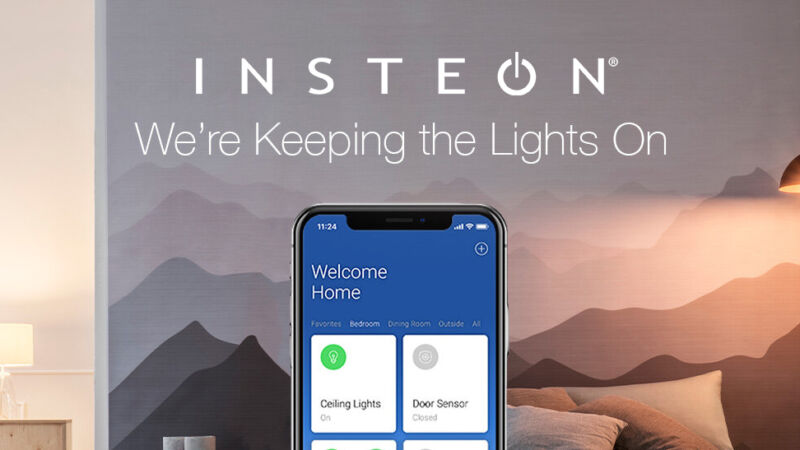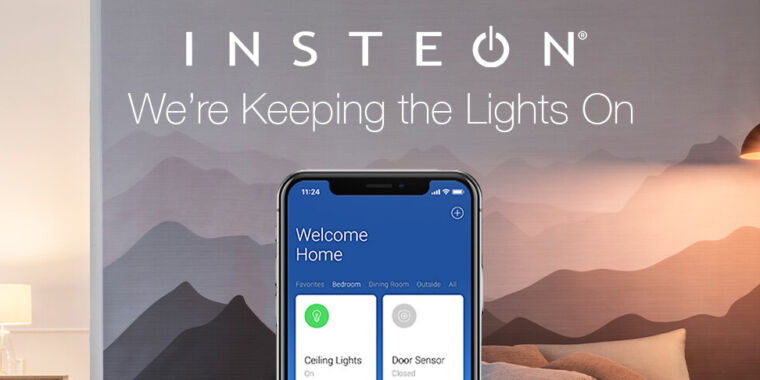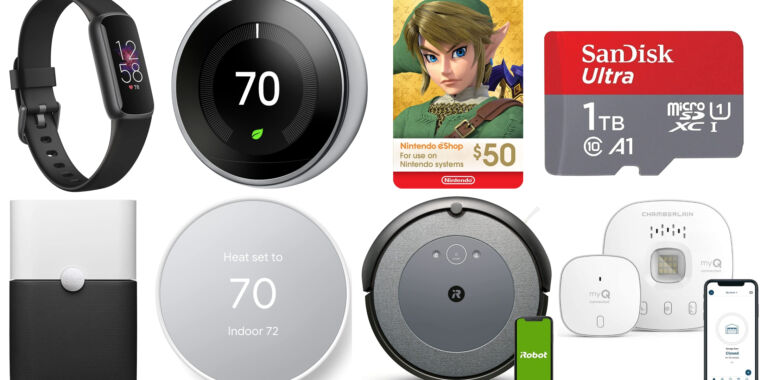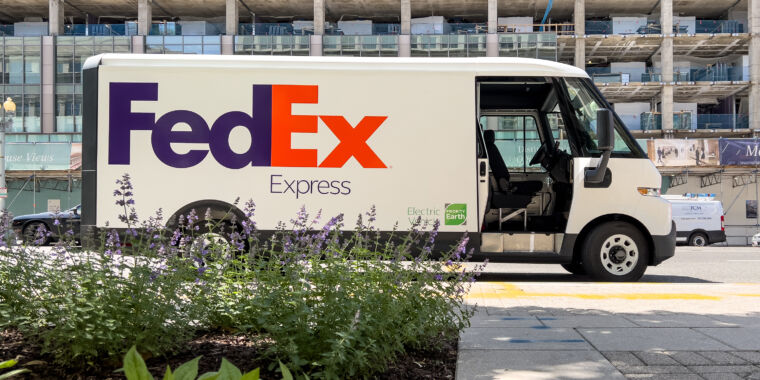
Insteon
Smart home company Insteon and its parent company, Smartlabs Inc., suddenly disappeared last week. In what will probably be remembered as one of the most notorious smart home shutdowns ever, Insteon decided to turn off its cloud servers without giving customers any warning at all, surprise-bricking many smart home devices that relied on the Insteon cloud.
Insteon CEO Rob Lilleness didn’t respond to any media questions about why his company suddenly abandoned its customers, choosing instead to scrub his LinkedIn page of information. First, the absentee CEO removed his role at Insteon from LinkedIn, and then he cut his name and picture. Finally, he deleted his entire LinkedIn account. (An archive of Insteon’s “Leadership” page, starring Rob Lilleness, has been preserved here for posterity.)
Insteon has finally updated its website (archive here) and pinned a goodbye message to the top of every page a full week after its surprise liquidation. The statement—which is not attributed to anyone—says that the company is going out of business because of the pandemic and supply chain problems. The company looked for a buyer but couldn’t find one.
The statement reads, in part:
In 2019, the onset of the global pandemic brought unforeseen disruption to the market, but the company continued to move forward. However, the subsequent (and enduring) disruption to the supply chain caused by the pandemic proved incredibly difficult and the company engaged in a sales process in November, 2021. The goal was to find a parent for the company and continue to invest in new products and the technology. The process resulted in several interested parties, and a sale was expected to be realized in the March timeframe. Unfortunately, that sale did not materialize. Consequently, the company was assigned to a financial services firm in March to optimize the assets of the company.
The part about “optimizing the assets” of the company—coupled with the fact that Insteon’s cloud servers seem down for good—makes it sound like the company is going out of business. The message doesn’t put the final nail in Insteon’s coffin, though, saying that there’s still “hope that a buyer can be found for the company.” When more widely compatible technologies like Zigbee, Z-Wave, and the upcoming Matter are licensable, it’s not clear what anyone would want to buy from Insteon. Certainly, Insteon’s brand value must be at near zero after this reputation-destroying stunt.
The message goes on to say, “The pioneering work in smart lighting and world-class products have created an extraordinary following and community.” Insteon’s statement does not explain why its community didn’t get a warning that a shutdown was imminent. It sounds like that March timeframe, when a sale fell through, would have been a good time to give one month’s notice to your customers so they could plan for a smooth transition. A shutdown is never easy, but warning your customers that their gear is going to break soon seems like the absolute minimum a company can do. Instead, Insteon stayed quiet for the remainder of March and 15 days of April before suddenly shutting down.
Insteon ends its statement by saying, “We hope that the Insteon community understands the tireless efforts by all the employees to serve our customers, and [we] deeply apologize to the community.”








